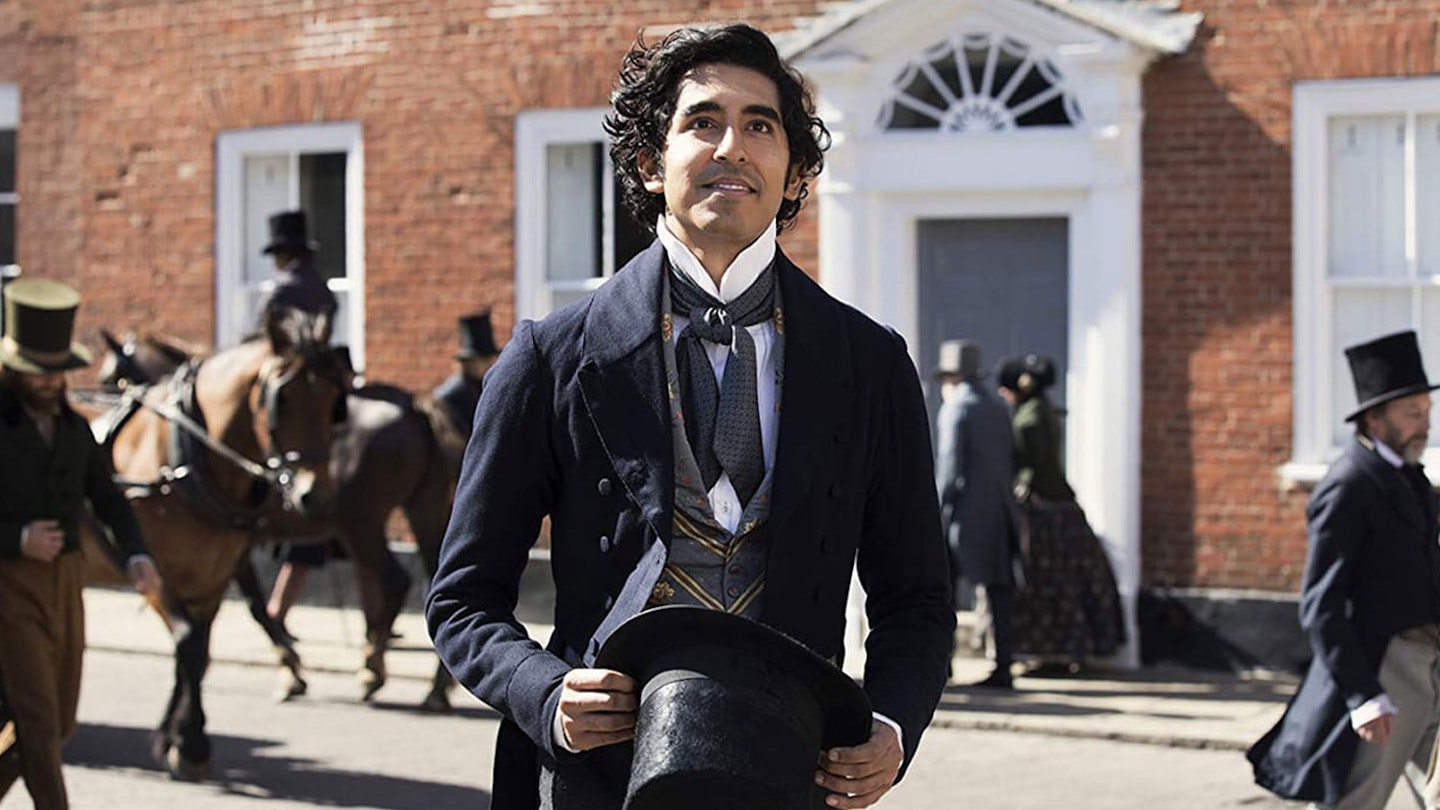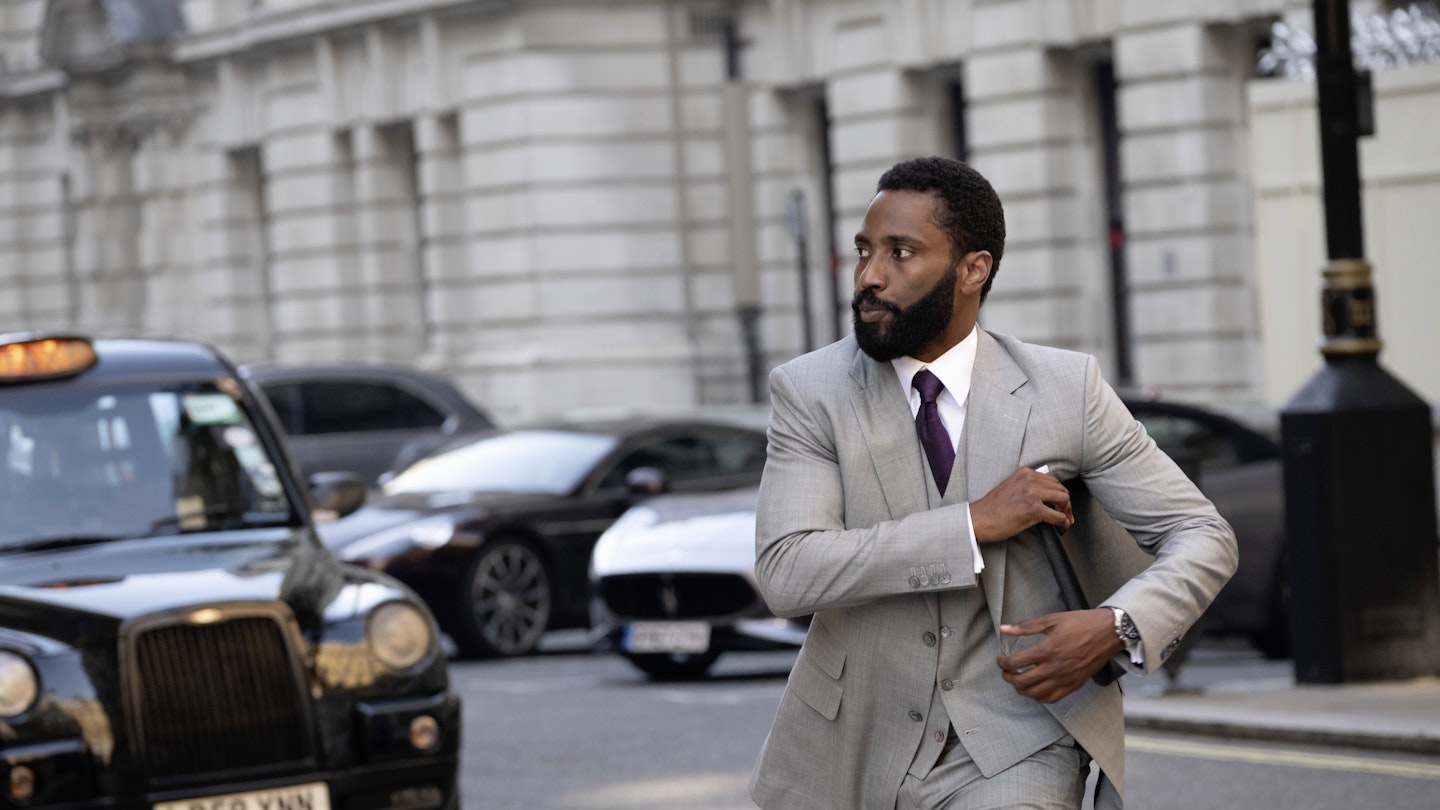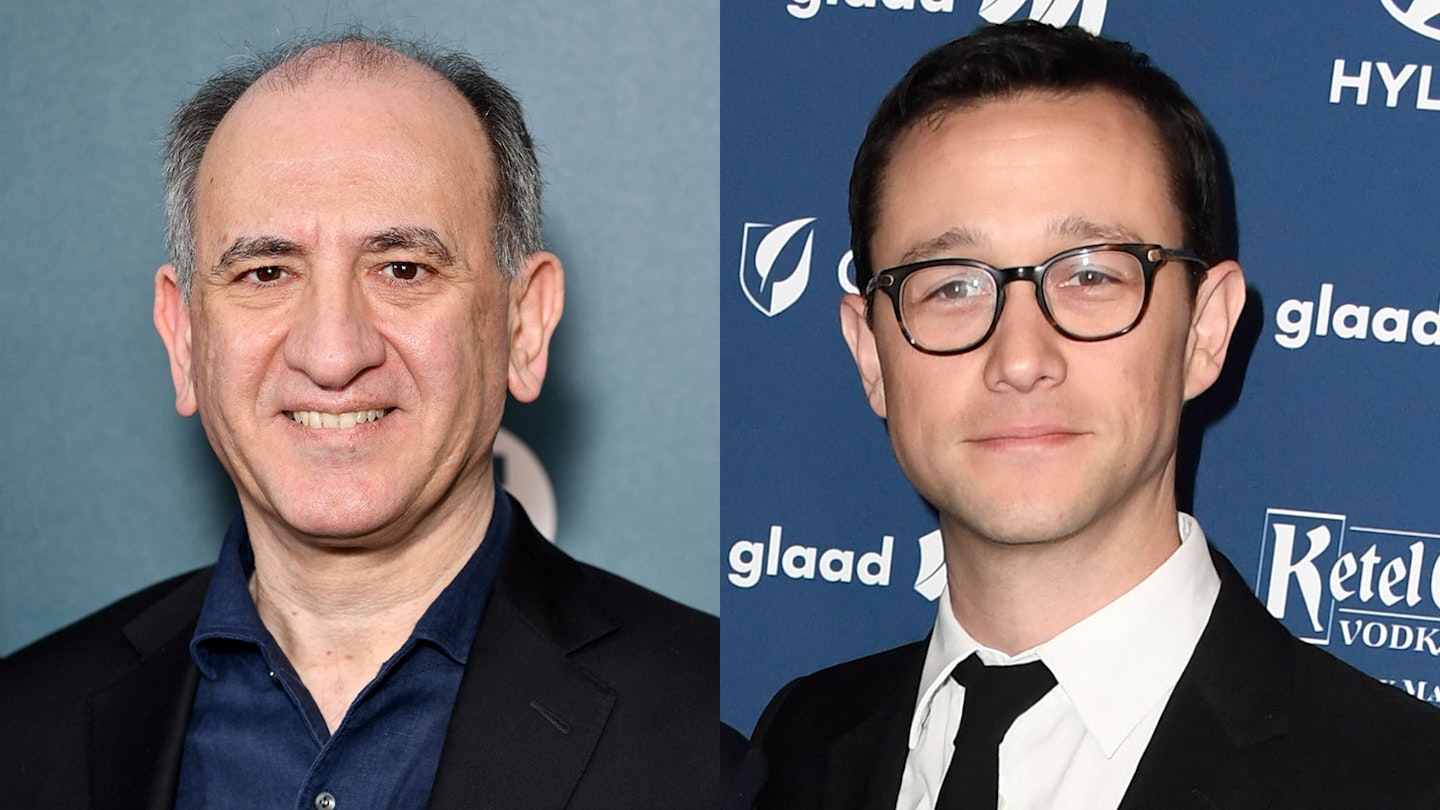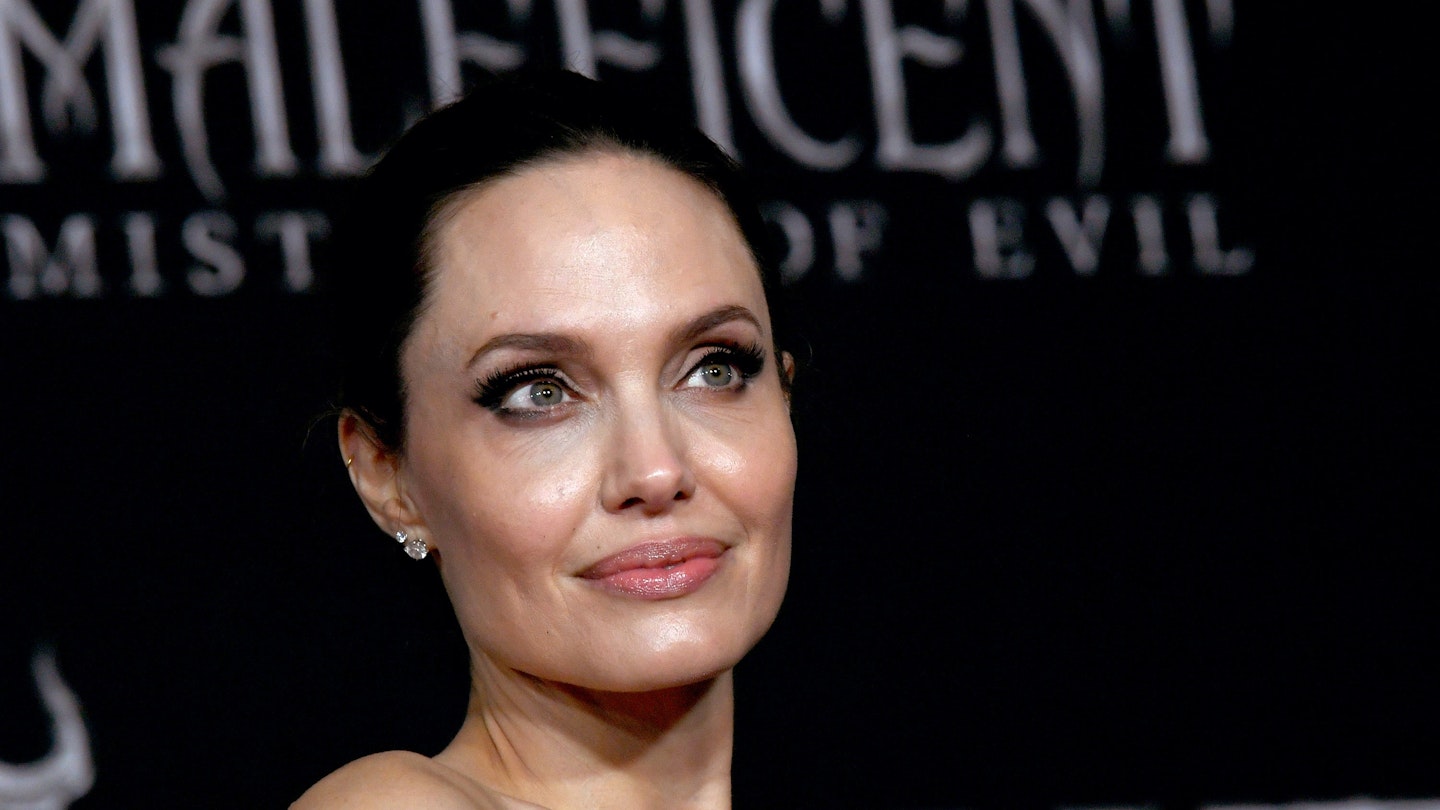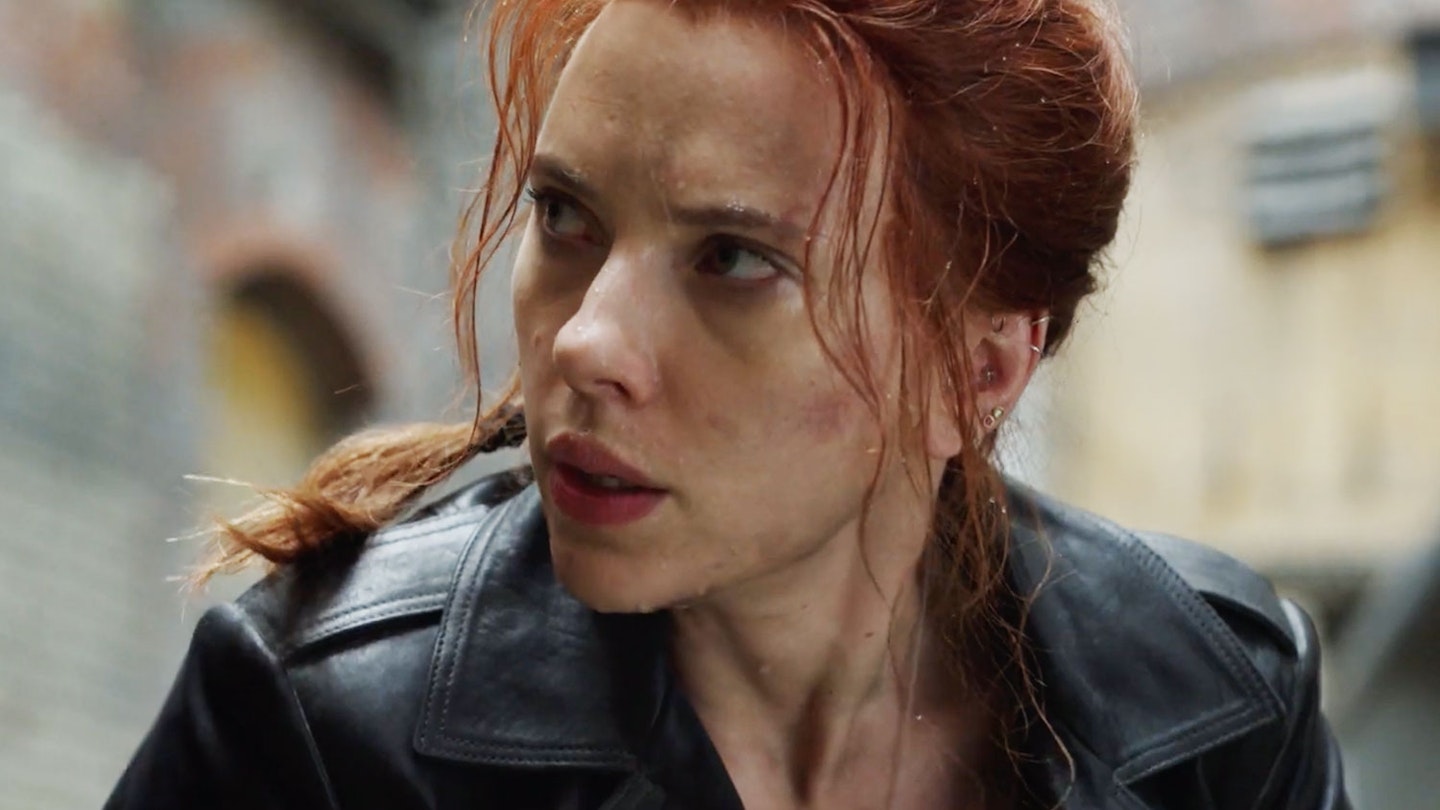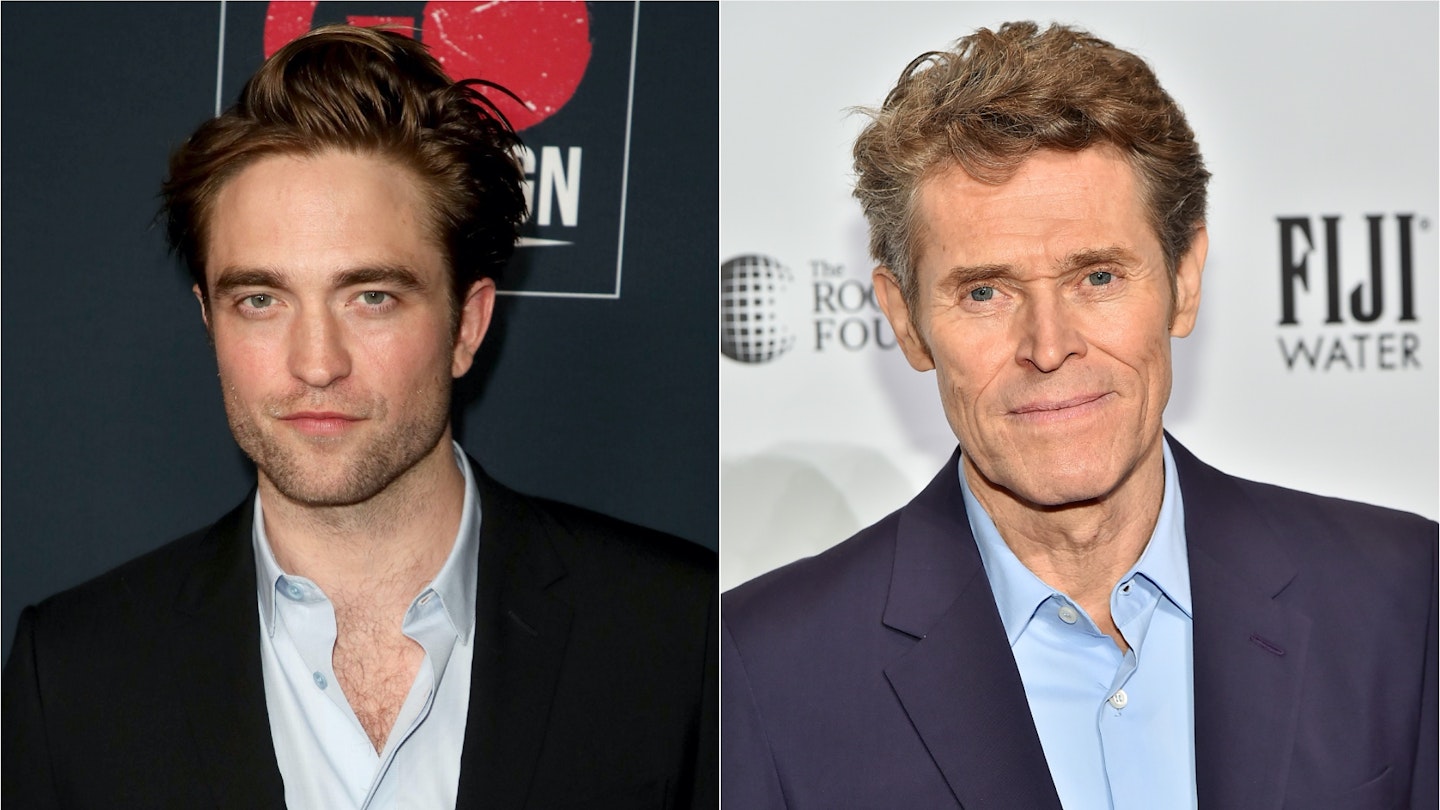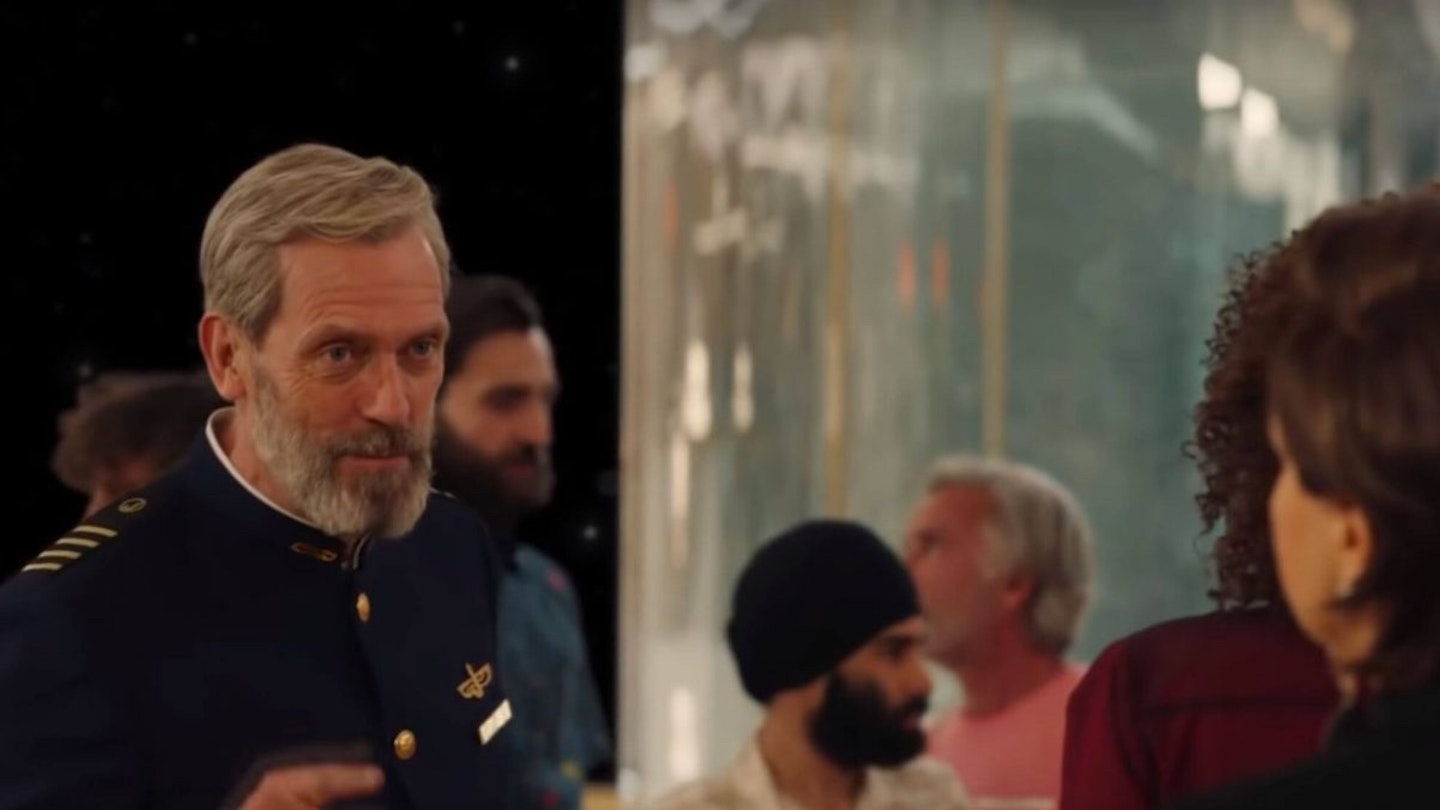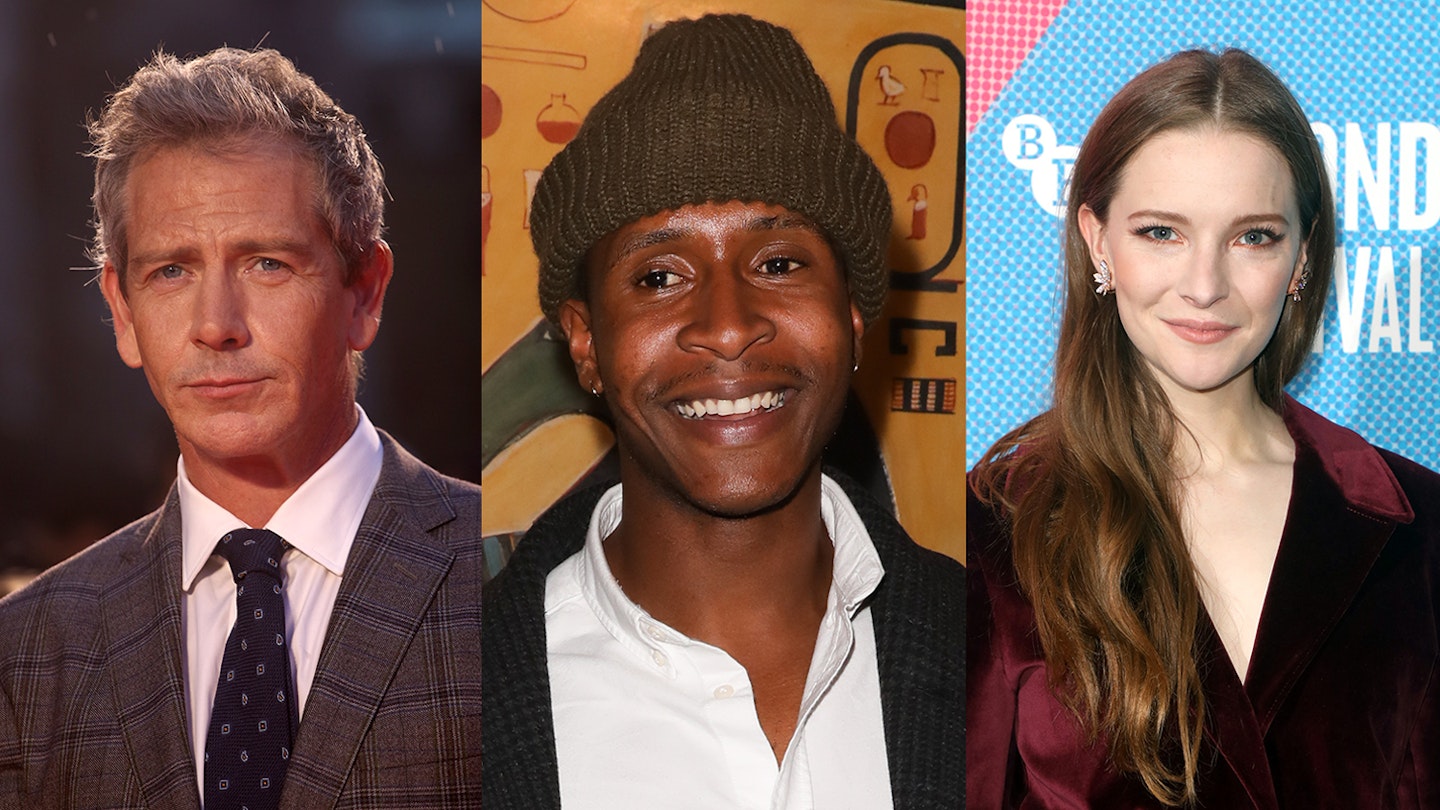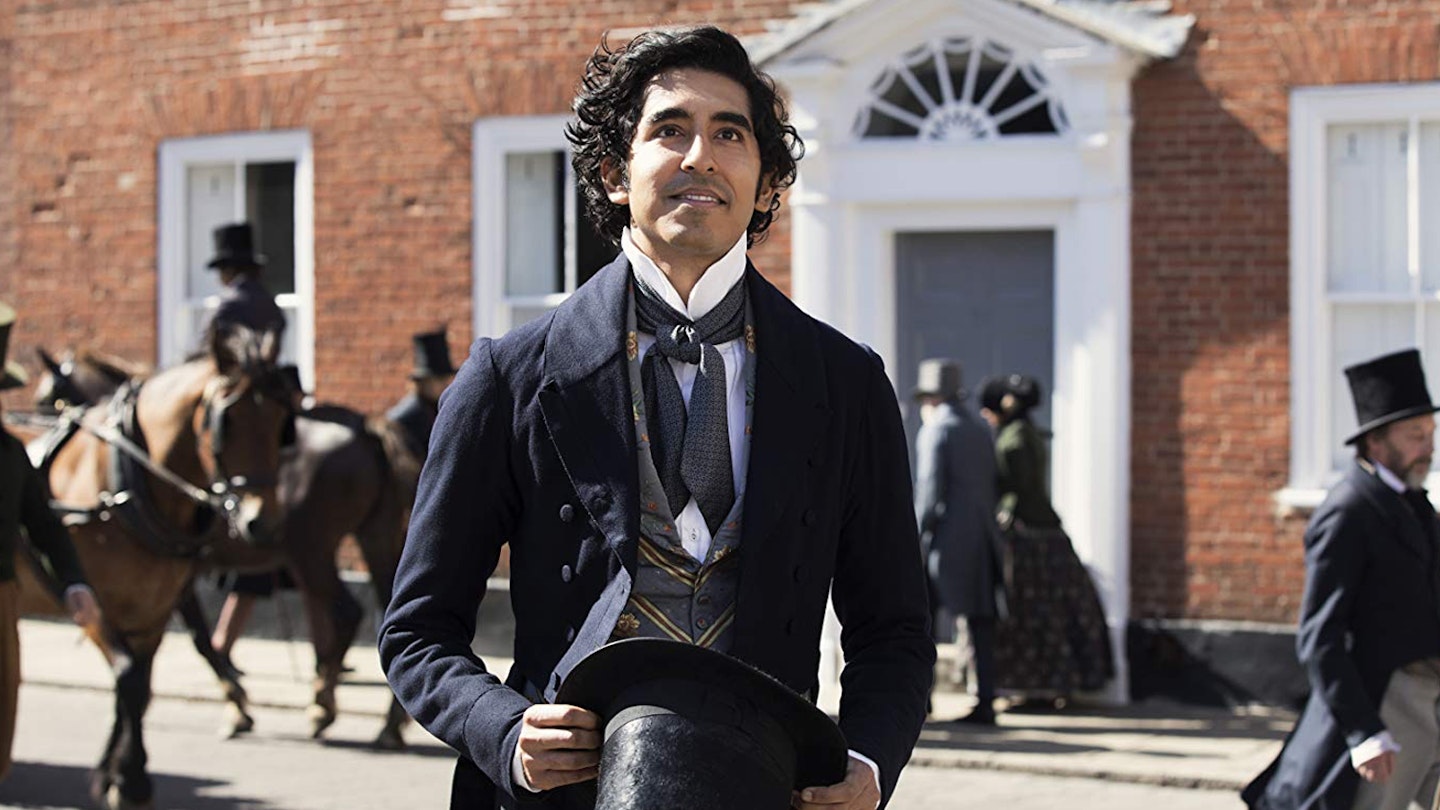Charles Dickens might seem a curious subject for Armando Iannucci. His last film, the venomously funny The Death Of Stalin, had more swearing and backstabbing than a Dominic Cummings dinner party, while his political TV show The Thick Of It gifted us an array of glorious insults. Dickens’ 1850 book contains no such insults but Iannucci’s affectionate adaptation still feels in keeping with his career thus far: part of that deeply British tradition (as also practised by Dickens) that holds a mirror up to British society and says, “This is kind of ridiculous, isn’t it?”
There’s real care and empathy here, and that starts from David Copperfield himself onwards. In the capable hands of Dev Patel, our hero is effortlessly charismatic, hopelessly romantic and endlessly dashing in Victorian gentleman garb. He has, like the book, perhaps a touch of arrogance through his efforts to social climb — but he’s never anything less than completely genial.
At every turn, Iannucci challenges the ‘hideously white’ period drama status quo.
He is also, notably, a British Indian actor, and heads up one of the most non-traditional period casts ever assembled, from Benedict Wong as Mr Wickfield to newcomer Rosalind Eleazar as his daughter Agnes. At every turn, Iannucci challenges the ‘hideously white’ period drama status quo, and reminds us that that default is as outdated as it is ahistorical. It’s quite a gauntlet he’s thrown down.
Even more notable about this cast is how many of them they are, and how they are all consistently great. Tilda Swinton’s Betsey Trotwood and Hugh Laurie’s Mr Dick threaten to steal the show as eccentric send-ups of the upper-middle-classes, but there are wonderful, endlessly memorable turns from This Country’s Daisy May Cooper (as warm-hearted housekeeper Peggotty), Ben Whishaw (as the creepy, unscrupulous Uriah Heep) and Peter Capaldi (as the over-articulate chancer Mr Micawber).
It has so much fun racing through characters and contexts — Iannucci’s handheld camera amps up the energy — that it occasionally feels rushed, perhaps inevitably given it’s cramming 600 pages into two hours. But for the most part, that speed works to the film’s advantage, complementing the jaunty tone with whirlwind storytelling that gives the gentle norms of the genre a welcome kick up the Pickwick.
If anything suffers from this restless approach, it’s the message of the original novel. Dickens famously used his novels to campaign for better treatment of England’s underclasses, a theme that feels slightly forgotten at times, or shoehorned in as an afterthought. What it does retain, however, is both Dickens’ and Copperfield’s love of writing and language, and how they shape a view of the world. Through David and his writing, Iannucci attempts to fill his film with all of life, from cradle to conjugal bliss — and recognises, admirably, that life is mostly absurd. It’s a sentiment Dickens would applaud.
